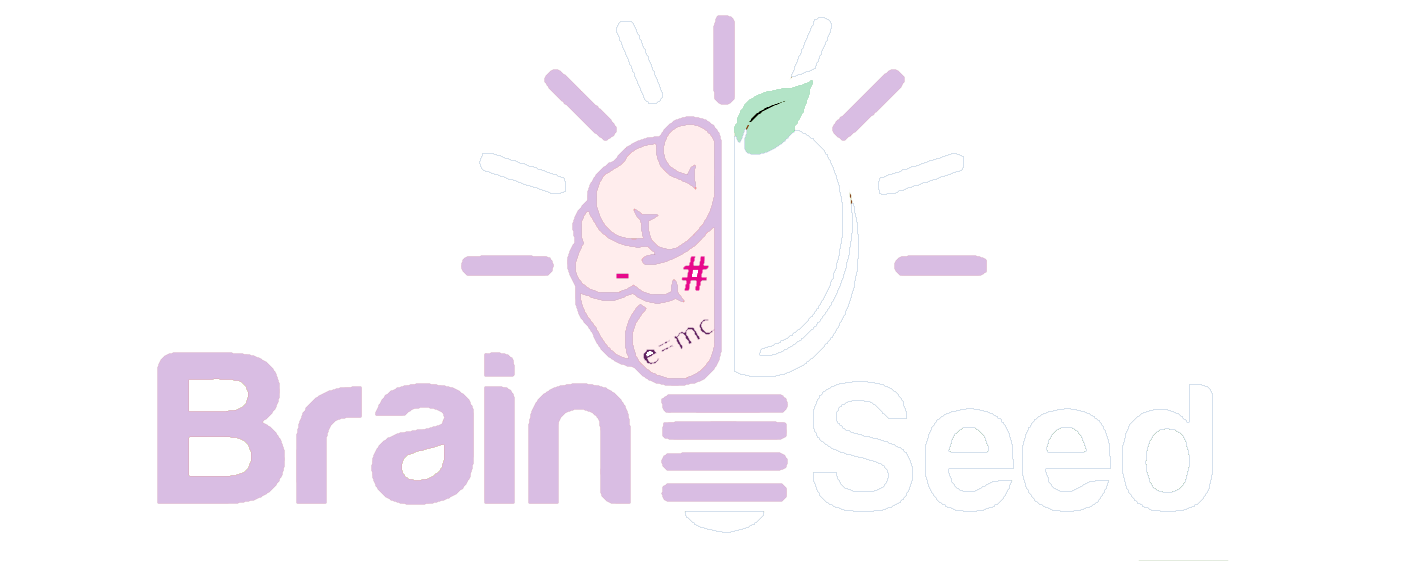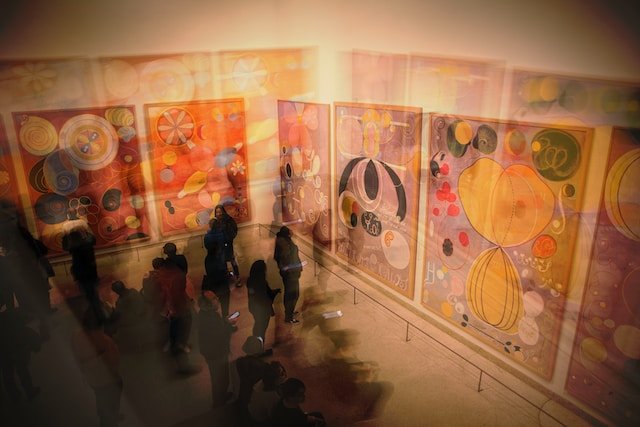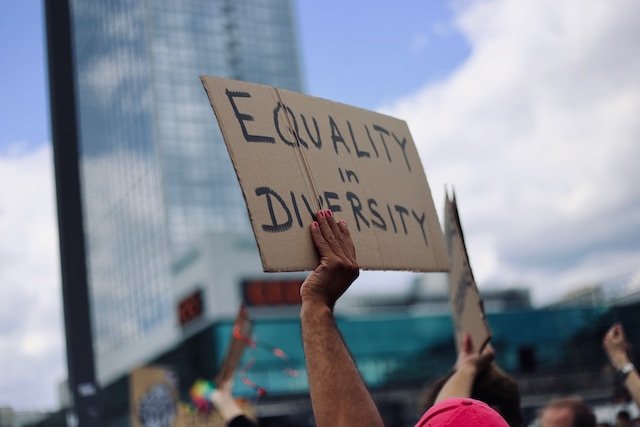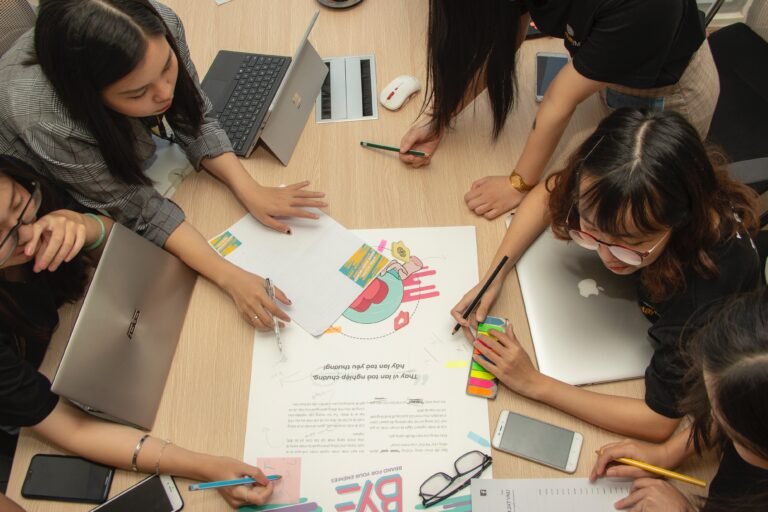How can drama be used to explore social issues and promote social justice?
Drama has been used throughout history to address social issues and promote civil rights. From ancient Greek theater to modern-day productions, drama has been utilized as a tool to engage audiences and shed light on important social issues such as poverty, inequality, discrimination, and human rights violations.
The Power of Theater Performances
Theater performances can be a powerful way to explore social issues. By creating characters and stories that reflect real-world social issues, theater performances can engage audiences and raise awareness about important social issues. For example, a play about the struggles of a homeless family can help audiences understand the challenges faced by the homeless population and inspire action to address the issue.
Giving Voice to Marginalized Communities
Drama can also be used to give voice to marginalized communities by providing a platform for them to share their stories and experiences. By amplifying the voices of those who are often overlooked or silenced, drama can help raise awareness about the experiences of marginalized communities and inspire action to promote civil rights. For example, a play written by and featuring members of the LGBTQ+ community can help educate audiences about the challenges faced by this community and inspire action to promote equality and acceptance.
Education and Community Engagement
In addition to theater performances, drama can also be used as a tool for education and community engagement. Through workshops and interactive activities, drama can help individuals explore and understand complex social issues in a safe and supportive environment. This approach encourages individuals to engage with social issues in a meaningful way, building empathy and understanding, and inspiring action towards civil rights.
Facilitating Dialogue and Reflection
Drama can also facilitate dialogue and reflection around social issues. By providing opportunities for individuals to share their experiences and perspectives, drama can help build bridges between individuals and communities, promoting understanding and tolerance. This approach encourages individuals to engage in meaningful conversations about social issues, creating opportunities for positive change.
In conclusion, drama can be a powerful tool for exploring social issues and promoting civil rights. Through theater performances, education and community engagement, and dialogue and reflection, drama can raise awareness about important social issues, amplify the voices of marginalized communities, and inspire action towards positive social change.
Are you looking for a fresh and exciting way to engage your school’s drama program or your child’s creativity? Try YouTube drama! It’s a fun and modern way for students to create and perform in their own videos. YouTube drama is flexible, convenient, and can even reach a wider audience. Plus, it teaches valuable skills like video production, editing, and storytelling. Click here to learn more about how YouTube drama can benefit your school’s drama program.






